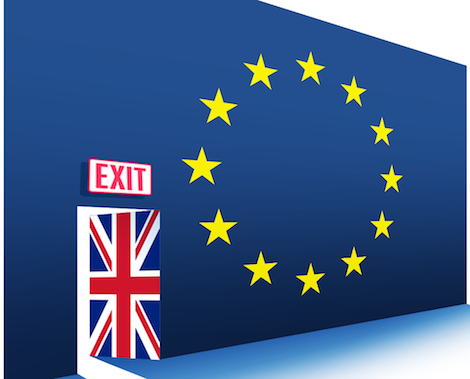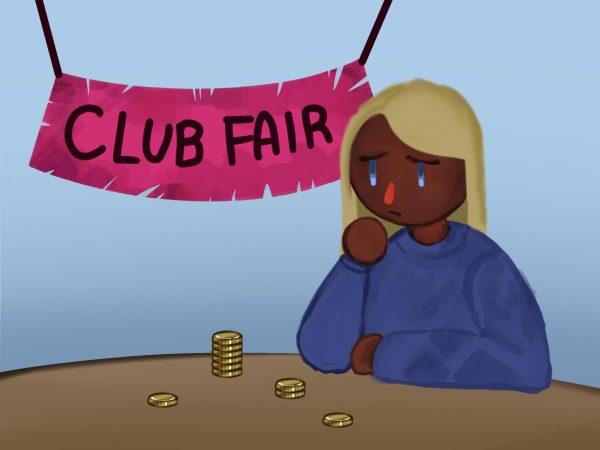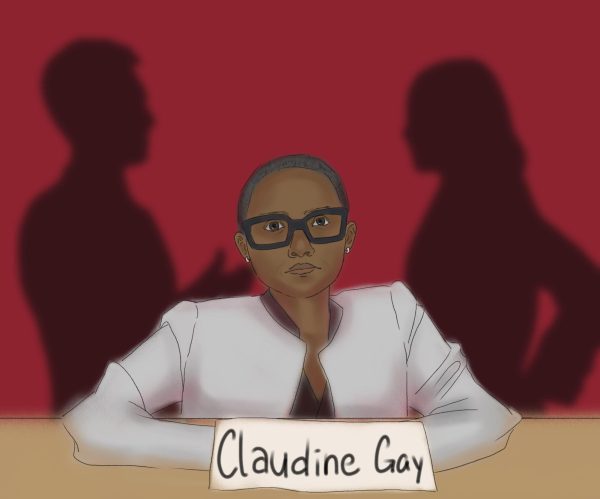To flee or not to flee the E.U., that is the question
March 10, 2016
On June 23, the British public will be deciding whether or not the nation will stay a member of the European Union (E.U.).
The E.U. consists of 28 European countries, and was created to foster economic co-operation. The EU nations also allow people to move freely throughout them, and the countries often debate environmental, political and social issues.
According to www.bbc.co.uk, the British public is evenly split on whether they want to leave the union. Many people who advocate leaving the E.U. do so because they believe the United Kingdom (U.K.) has lost control of its borders and that the E.U. is holding Great Britain back financially.
Sophomore Scarlett Horton is a U.K. citizen wants her country to stay in the E.U. “Personally I want the U.K. to stay in the E.U., but it’s a hard decision to make,” Horton said. “If we stay in the E.U. the possibility of the federal government, where countries are treated more like states than nations, is prominent. But if we weren’t to stay it could lead to the possible idea of war, which is why the E.U. was created, to avoid war.”
Senior Henry Littlewood, also a British citizen, is indecisive about whether or not the U.K. should leave. “I’m stuck in the middle. Yes, the U.K. has got good ties with the E.U. and it can help Britain through bad times,” Littlewood said. “But then, the E.U. is bringing the U.K. down because other countries which use the Euro (19 out of the 28 members) are often financially worse off when Britain needs financial help.”
Just as many British citizens are split over whether to leave the union or not, British students in the Masters community have mixed feelings about leaving the E.U.
“I want to stay in the EU because it seems like the best option we have at the moment. It seems that it will work to keep good connections, but I’m very torn on the matter,” Horton said.






















